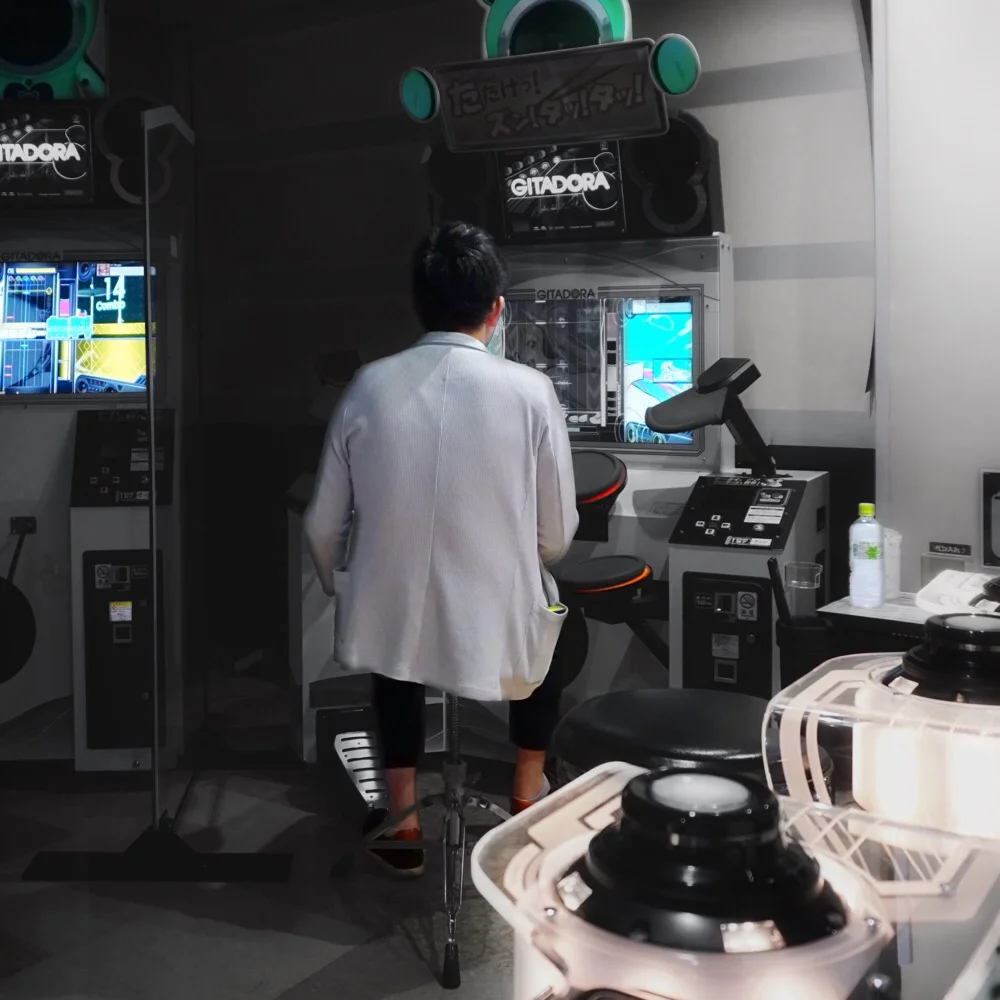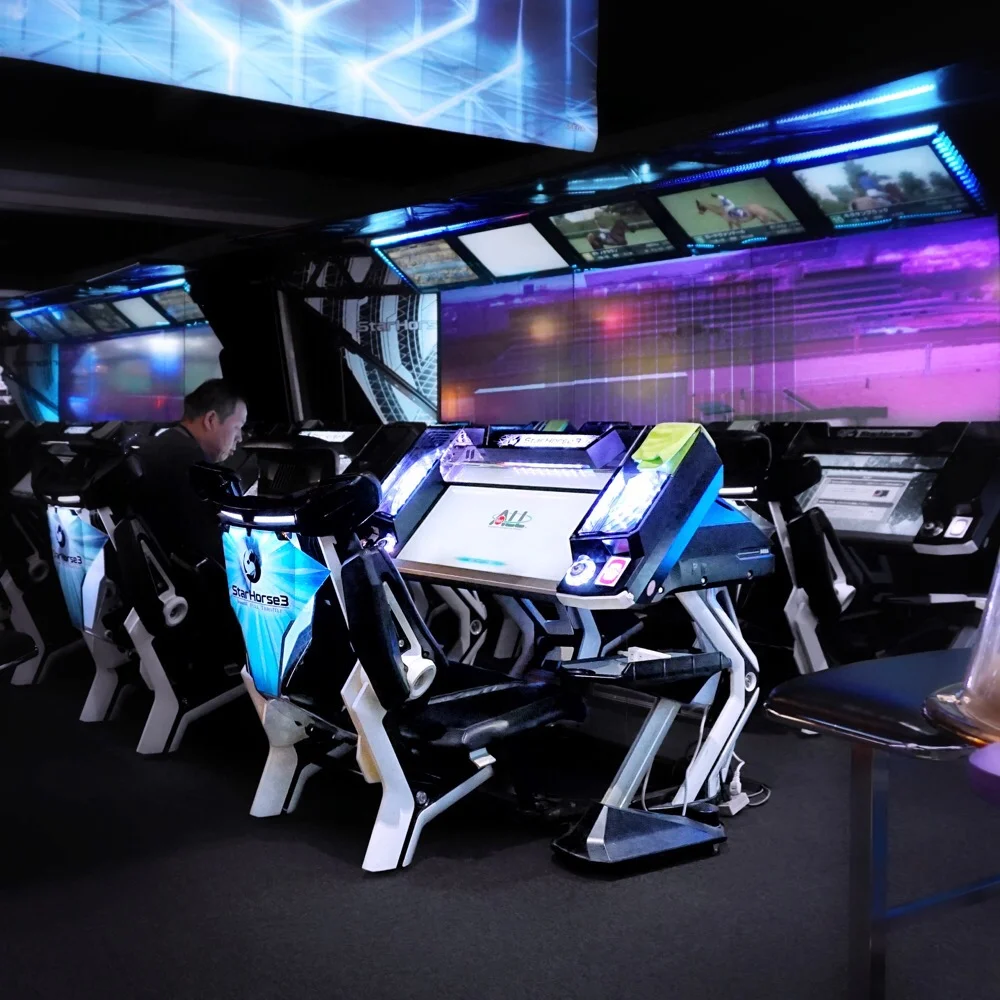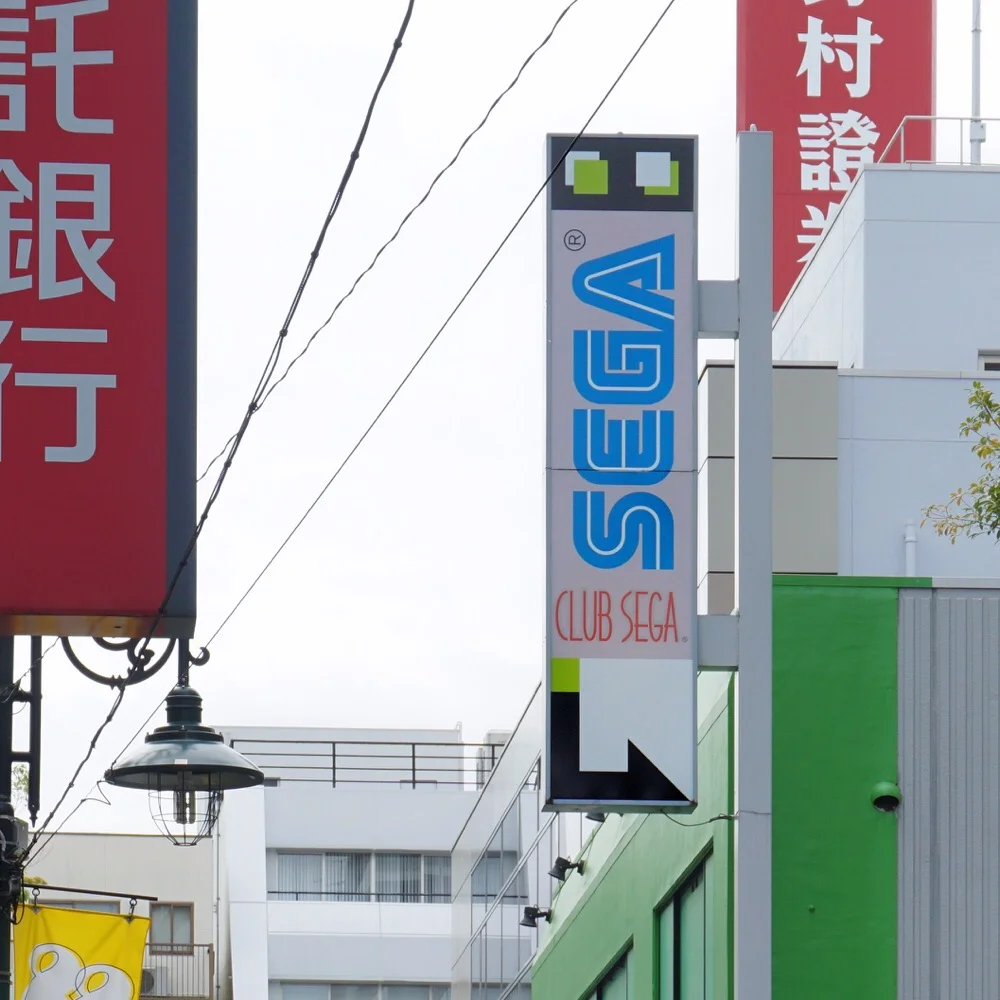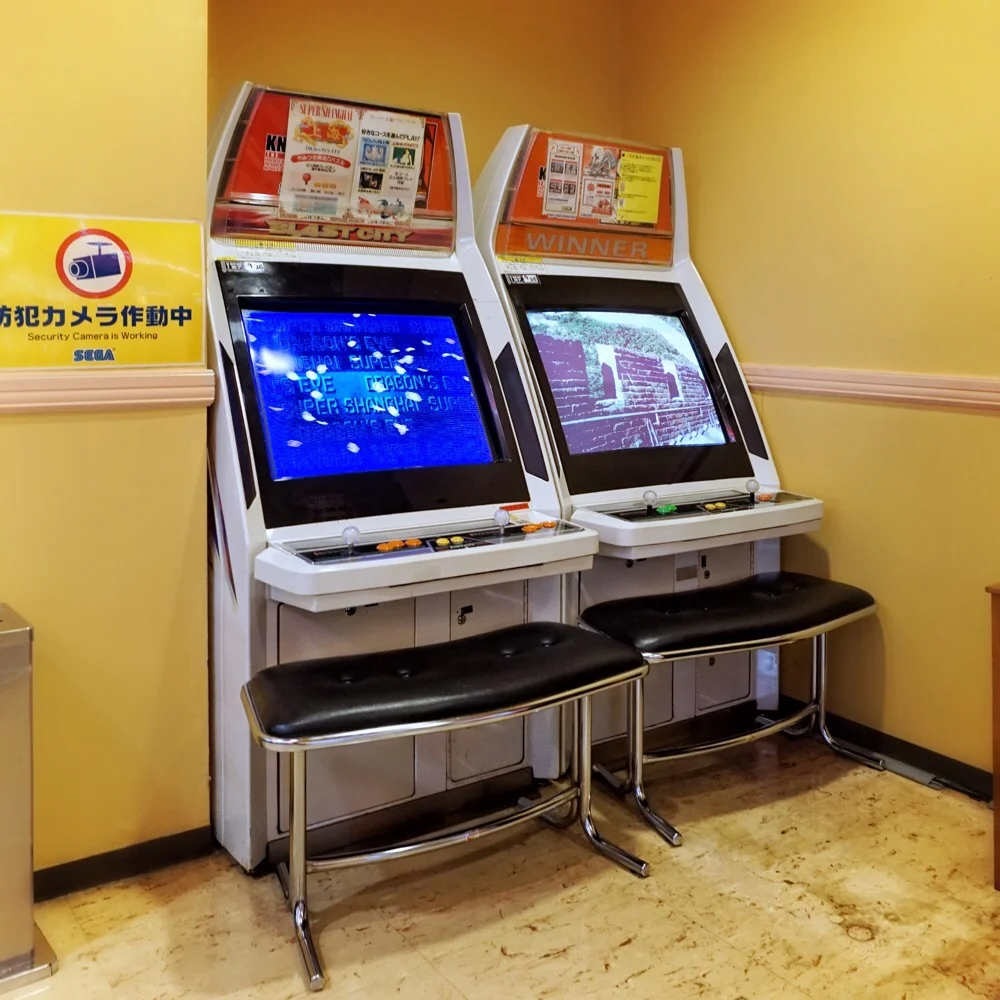Japan’s Poker Game Heritage
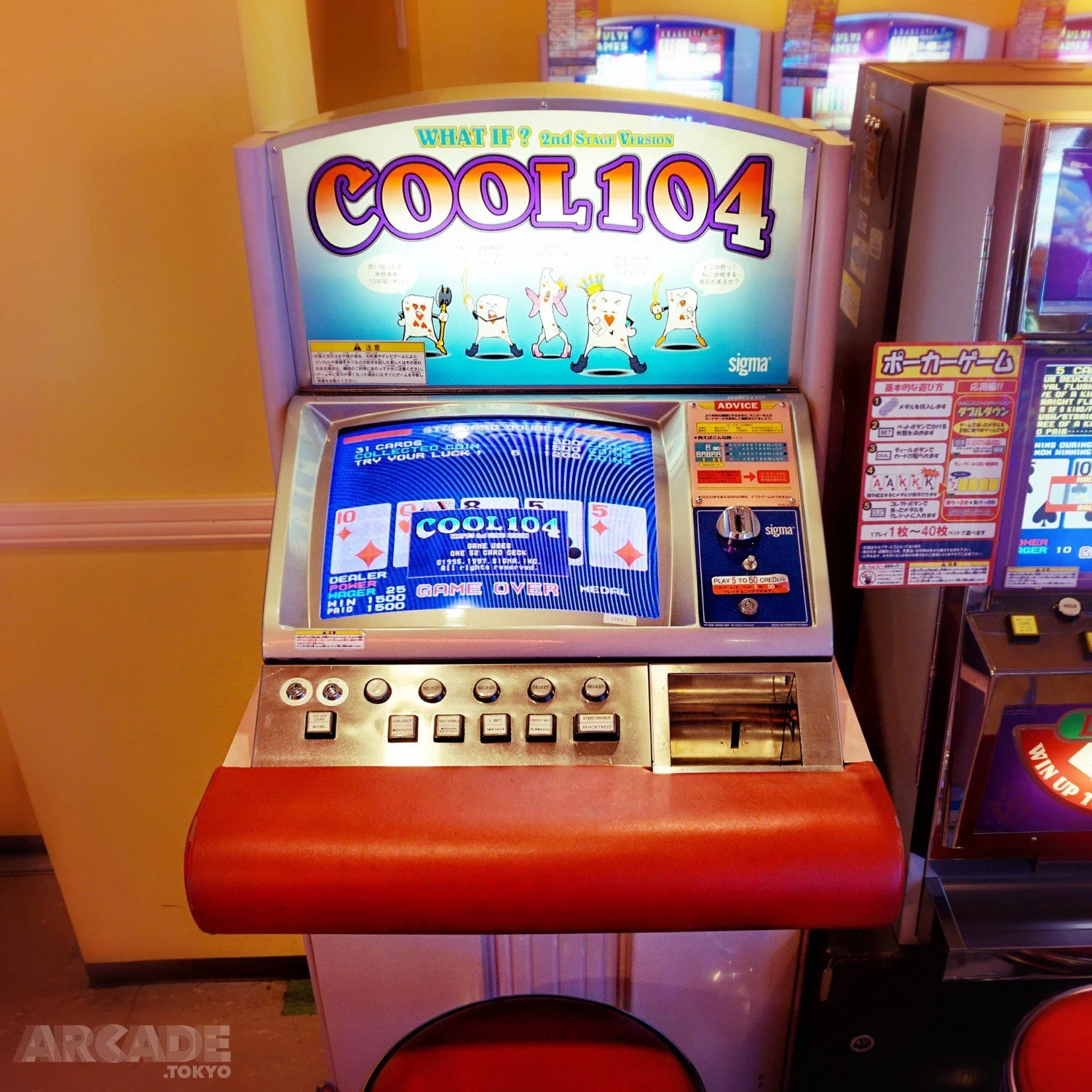
Cha-ching! This may look like a quaint old curiosity, but it was once an international starlet in the stable of Sigma Game Inc., a righteous high-roller back in the 80s. Japan was booming then, playing for major money, a worldwide whale known for big-business boomboxes and boobtubes.
Sigma rattled a giant payout in 1985 with its electro-mechanical Derby table, which drained dosh at the best Las Vegas dens.
Derby punters perched together tableside in carefree company as dinky die-cast horses bobbed and jittered along pre-set tracks to a house advantage of 10-20%. So clever was the clockwork and so delightful the daylight robbery that, even now, the machine luxuriates in enviable seats in two exclusive Vegas neighbourhoods, emptying quarter rolls into its 33rd year.
So what became of Sigma, this Japanese company that once ruled the electromechanical slot gambling world?
Start of the century, Sigma left the limelight. It joined two other companies under the new name Adores – Amusement Design Operation Rental Entertainment Support. So it’s out of sight, but not exactly out of commission: Adores is the best known arcade chain in Japan after Sega and Taito, with 23 game centres in Tokyo. The Shibuya shop once hosted a medal-gambling markethall unmatched in the metropolis. Now its four-storey facade flaunts future-tech VR fantasies.
So Sigma retired from the limelight to live out its laurels. Still there, still a player, still at the top, but behind the scenes, not strutting round town blinging for attention.
This machine is Sigma’s Cool 104, a poker player from 1999. Before touchscreens touched bigtime, of course, so the pulsating plastic buttons are built-in and bound to its one purpose. Two decades on, it chimes and flashes away in Club Sega Jiyugaoka. But Cool 104 – just like Derby’s dying tables – can only be run and repaired by collectors bartering for parts online. Next time they splutter out, it’s over.
Not a bad way to go, and an impressive run. But no matter how perfect, how proud in your prime, the house always wins in the end.
Photographer and writer covering Tokyo arcade life – the videogames, the metropolis and the people


